Hiddush News, January-March 2016
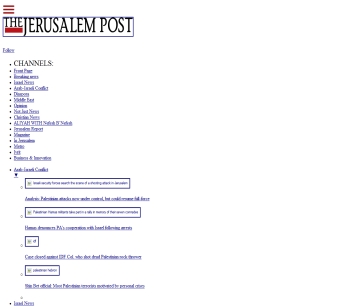
Overwhelming majority of non-haredi Jews support the move, both on the right and left of the political spectrum.
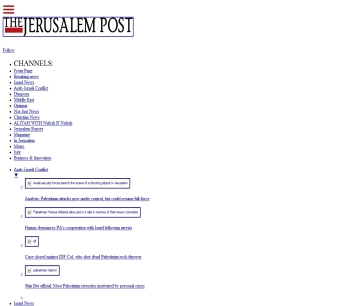
In 2014, after swingeing cuts to yeshiva budgets were made by the previous government, state funding for these institutions amounted to NIS 454 million.
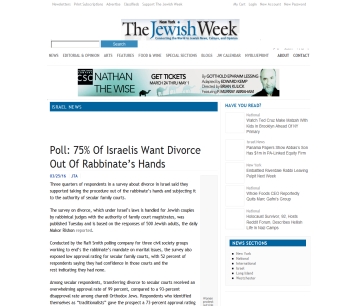
Three quarters of respondents in a survey about divorce in Israel said they supported taking the procedure out of the rabbinate’s hands and subjecting it to the authority of secular family courts.

The world concentrates on Israel’s conflict with Palestinians, but the reality is that there is another war going on: one for the soul of Israel. And it is one that Orthodox Jews are waging with increasing fierceness.
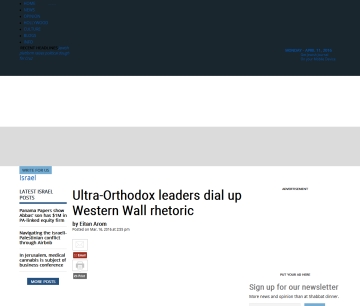
In the weeks since Israel’s government agreed to create a new, egalitarian prayer space at the Western Wall in Jerusalem, ultra-Orthodox leaders and media have dialed up their opposition, threatening to derail what initially seemed a done deal.
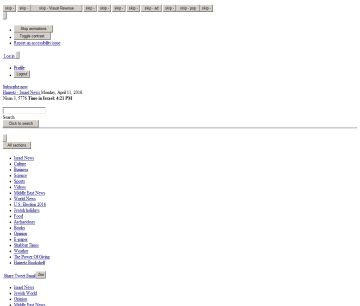
How is it that the left-wing and center opposition factions hardly deal with issues of state and religion? Is the opposition again deluding itself that the ultra-Orthodox parties will reward it by forming a government with it?
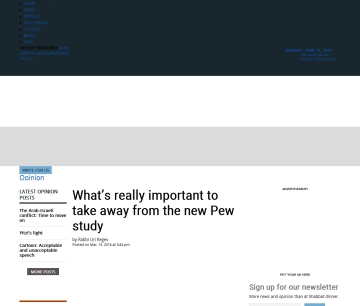
The Pew report on Israel’s Religiously Divided Society should be a source of alarm to both Israelis and world Jewish leaders. It was of particular interest to us at. Hiddush.
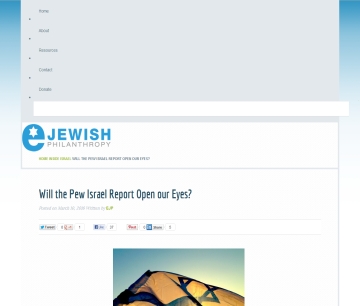
The Pew study provides us with an opportunity to focus once again on the religion-state conflict in Israel, something that Diaspora Jewish leadership usually tries to avoid discussing, not wanting to generate controversy within their respective communities, fearing divisiveness, or for fear of raising criticism against Israel at a time when the country’s image is under constant challenge.
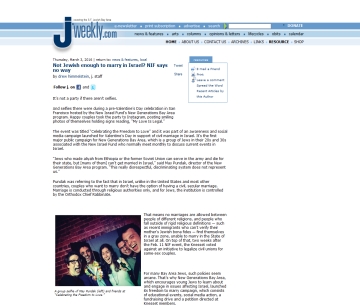
In Israel, unlike in the United States couples who want to marry don’t have the option of having a civil, secular marriage. Marriage is conducted through religious authorities only, and for Jews, the institution is controlled by the Orthodox Chief Rabbinate.
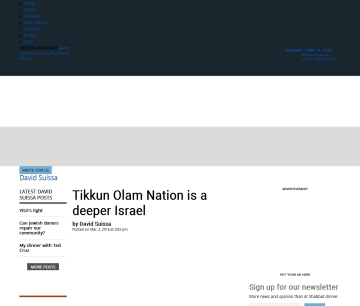
In recent years, pro-Israel groups have been faced with an unusual dilemma: How do you create a good impression for Israel when the country’s image has already been tainted by the over-the-top criticism and condemnations it receives from much of the world?
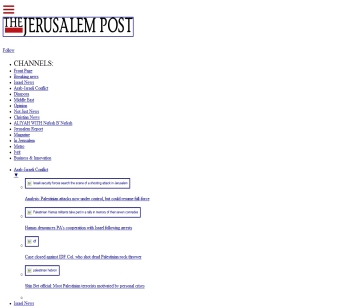
The state had already argued, in trying to justify the discrimination, that the law requires Religious Councils to abide “by the rulings of the rabbinate.”
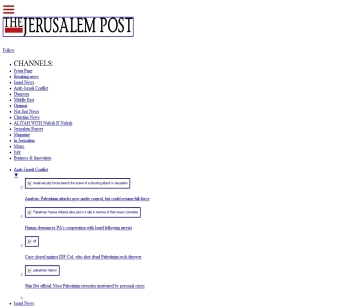
Local religious councils are responsible for providing Jewish religious services residents of the local municipal area.

The Israeli government’s passage of legislation that authorizes egalitarian prayer in a soon-to-be-created section adjacent to the southern part of the Western Wall has been called groundbreaking, empowering, dramatic, and unprecedented.
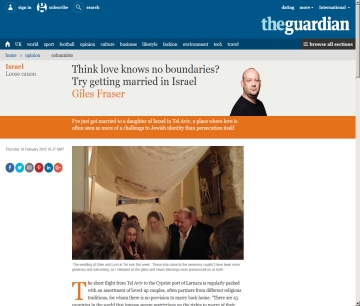
“There are 45 countries in the world that impose severe restrictions on the rights to marry of their citizens,” explains Rabbi Uri Regev. “Israel is the only democracy in the world that falls into that category.”
Send to a friend
(Up to 20 emails seperated by ;)